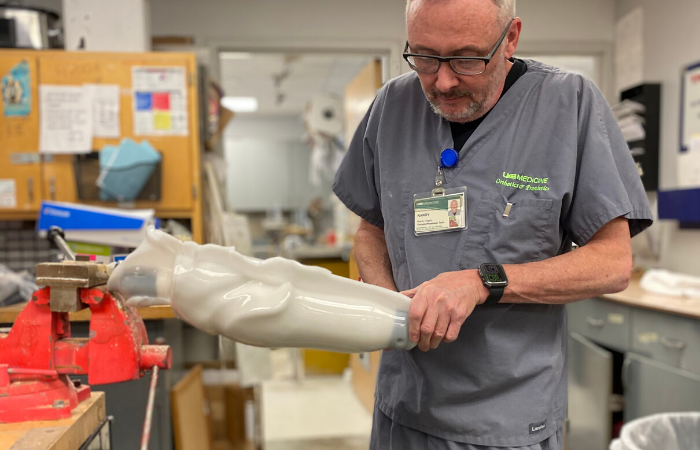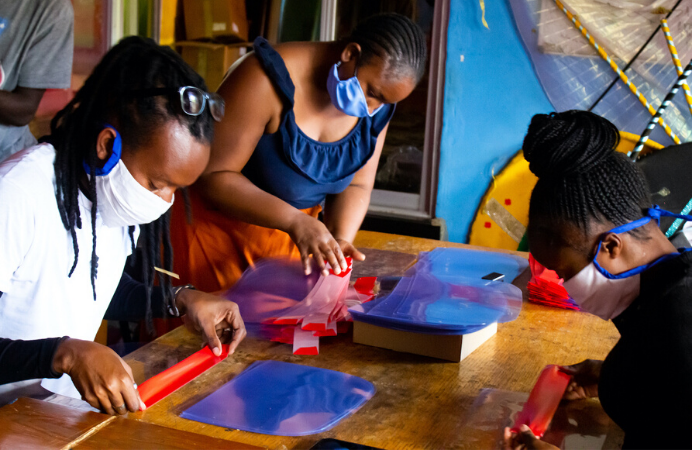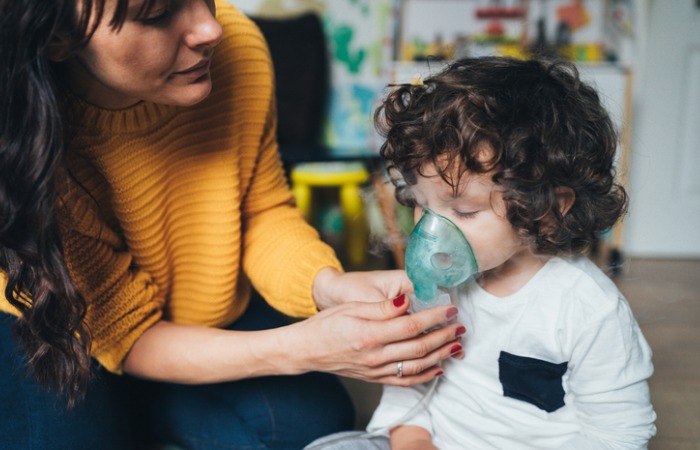
True. Researchers identified a human antibody (a protein in the blood) that prevents the SARS-CoV-2 (COVID-19) virus from infecting cells in a lab. This is the first step toward understanding immunity in patients who have had COVID-19.
Read More







